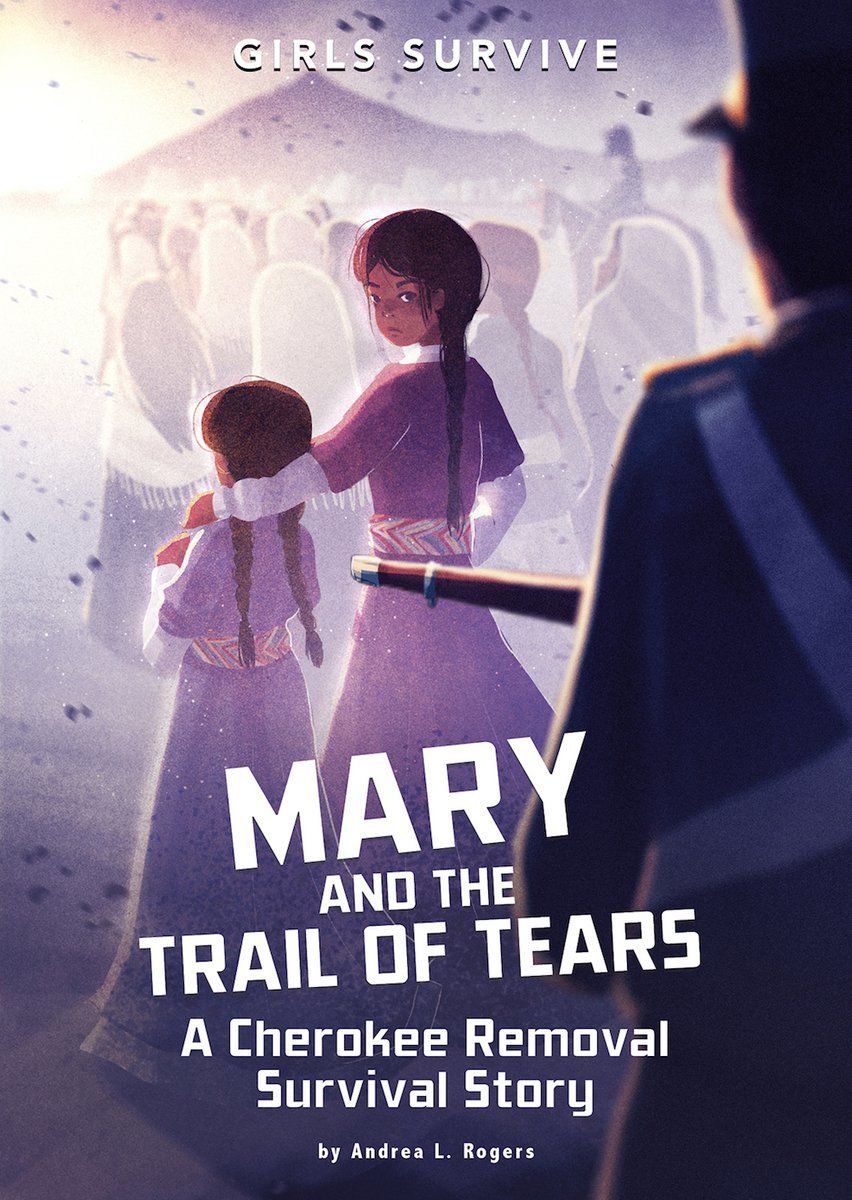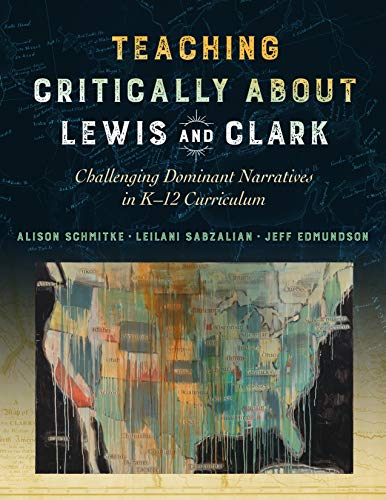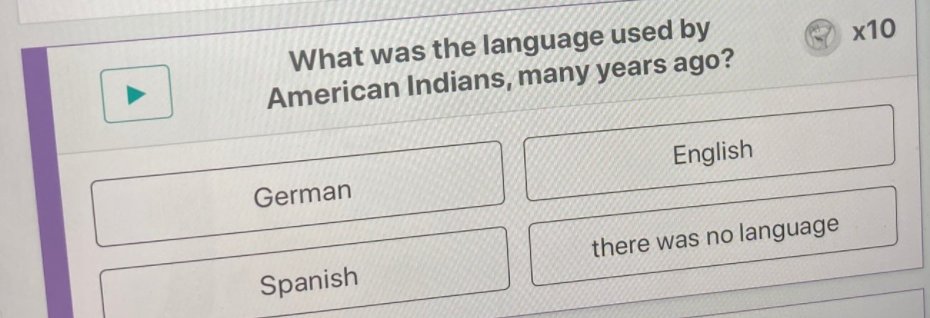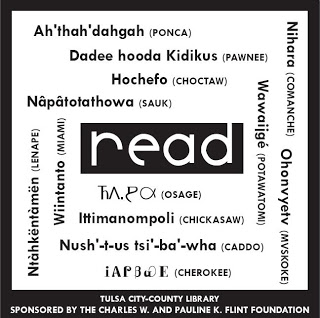Parents, Teachers, and Librarians!
You can now put a book on your shelves that is about the Trail of Tears and is written by a Cherokee writer!
#TrailOfTears in #CherokeeVoice. That is outstanding! It is beyond #OwnVoices in a way that is necessary. @diversebooks
You can now put a book on your shelves that is about the Trail of Tears and is written by a Cherokee writer!
#TrailOfTears in #CherokeeVoice. That is outstanding! It is beyond #OwnVoices in a way that is necessary. @diversebooks

The author of MARY AND THE TRAIL OF TEARS: A CHEROKEE REMOVAL SURVIVAL STORY is @AndreaLRogers. Take a look at this article from the Tahlequah Daily Press: tahlequahdailypress.com/community/arts…
WorldCat tells me there are 87 juvenile fiction titles on the Trail of Tears. I'd have to spend some time looking up these writers, but my guess is that none of them are Cherokee.
Tim Tingle's HOW I BECAME A GHOST: A CHOCTAW TRAIL OF TEARS STORY came up in my search. It, too, is #OwnVoices but specifically, #ChoctawVoice. Tingle is Choctaw. His book is about Choctaws. It came out a few years ago. Do you have it yet? If not, order it today. @tim_tingle
• • •
Missing some Tweet in this thread? You can try to
force a refresh










